Every June, Pride events take place in cities and towns across the U.S. Today’s Pride events are celebrations, but the tradition stems from a riot-filled night in June 1969 when police raided the Stonewall Inn, a bar frequented by LGBTQ+ patrons in New York City’s Greenwich Village neighborhood.
Since then, Pride Month has become a time to celebrate self-love and community, while fostering activism and acceptance by society for the diverse LGBTQ+ community.
Read on to learn about the lifetime experiences of four LGBTQ+ individuals, with insight on how and why they celebrate Pride.
Karel, 62, entertainer, Las Vegas
Charles Karel Bouley, an entertainer, author and activist who performs as Karel, has performed at countless Pride events and served as the grand marshal at Pride parades all over the country. He’s also written extensively why Pride is important to the LGBTQ+ community.
A longtime activist, Karel helped change a California law that banned domestic partners from filing wrongful death lawsuits against hospitals after his partner died in 2001. He’s hosted LGBTQ+ radio shows and podcasts and was a member of ACT UP, an organization protesting the lack of government response to AIDS in the ’80s.
Recently, Karel earned a place on the honorary wall at the Harvey Milk Promenade Park in Long Beach, California. The park memorializes Milk, an openly gay politician and outspoken activist who was shot and killed in 1978 because he was gay.
Since then, legalization of gay marriage and increased media visibility have helped LGBTQ+ people gain acceptance. But Pride events are an opportunity to bond against discrimination that still exists, Karel says.
Today Karel worries that many in the LGBTQ+ community take hard-earned rights like gay marriage and anti-discrimination laws for granted. Which is why, “it’s important now more than ever to get out to Pride events to make your voice heard,” Karel advocates.
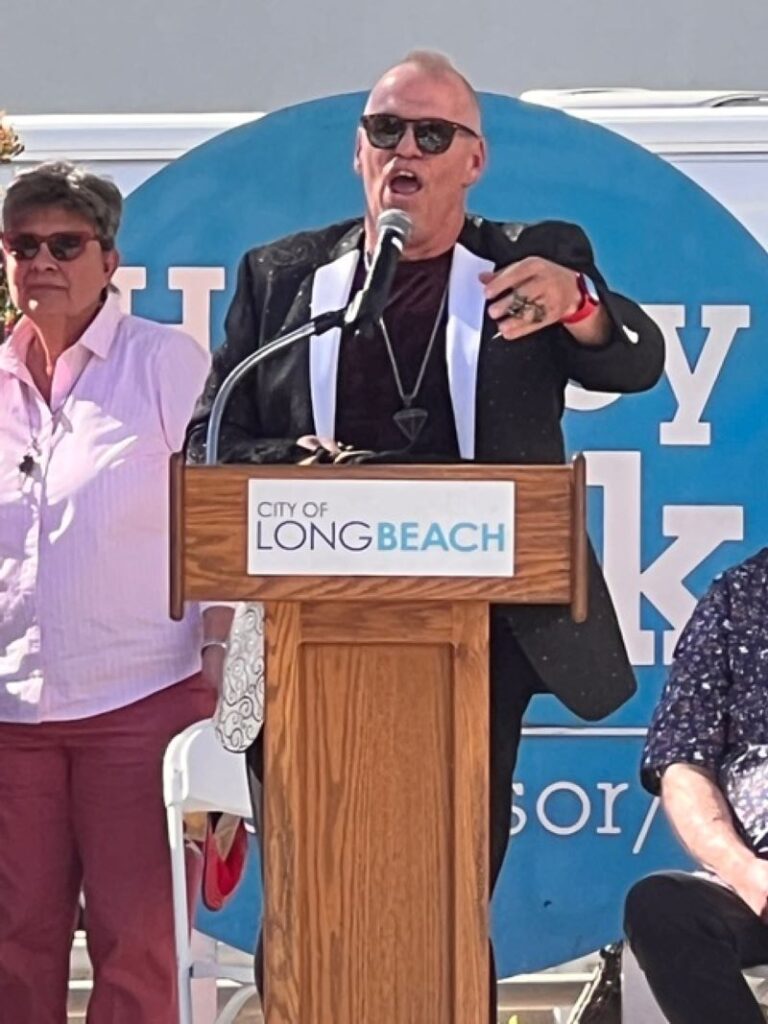
Amethysta Herrick, 54, author and activist, Northern Colorado
When Amethysta Herrick was a graduate school student in Athens, Georgia in 1994, most people didn’t care that she identified as a transgender and pansexual woman. Herrick also found acceptance for her gender identity during her 25-year career as a software engineer, chemist, architect and manager.
Since she found a general acceptance, Herrick didn’t attend Pride events until just last year in 2023. For Pride that year, she also posted a series of photos of rainbow flags in various settings on her social media platforms.
“The primary reason I didn’t celebrate Pride Month was because my identity as pansexual and transgender just seemed implicit,” Herrick says. “I didn’t need to attend a Pride event to confirm who I was, because nobody seemed intent on attacking me for it. Today is very different.”
Many states have recently passed legislation blocking trans people from obtaining health care, legal recognition and other human rights. Herrick’s decision to begin celebrating Pride was prompted after being rejected by a friend because of her identity as a trans woman.
“That really brought it home to me,” says Herrick, who now wishes she’d attended Pride events in the past. This June, Herrick says she plans to attend as many Pride events as possible and continue her new tradition of posting images of rainbow flags on Instagram.
Ben Cable, 60, author and activist, Los Angeles
When Ben Cable was 17, he spoke at the gay pride festival in Hartford, Connecticut, encouraging gay youth to get involved in their communities. He and his partner, Marcial, sued the state of California to get married in 1991 when gay marriage was illegal, but dropped the case due to fear of setting a negative precedent for gay marriage if they lost.
Cable has attended Pride parades and events in San Francisco, Phoenix and other cities around the country over the years.
Today, Cable says Pride is important to engage young LGBTQ+ people to get involved and protect hard-won LGBTQ+ rights. “Younger LGBTQ+ people often have no understanding of the battles that LGBTQ+ people had to fight for decades to win rights,” Cable says.
This year, he will likely celebrate Pride in Los Angeles, cheering on marchers and waving a rainbow flag from the sidelines.
“Pride is a great way to celebrate who we are and our diverse communities,” says Cable, who adds that no one should be complacent on LGBTQ+ social and political issues. “No one should be silent. Fight for your neighbor or you will be targeted next.”
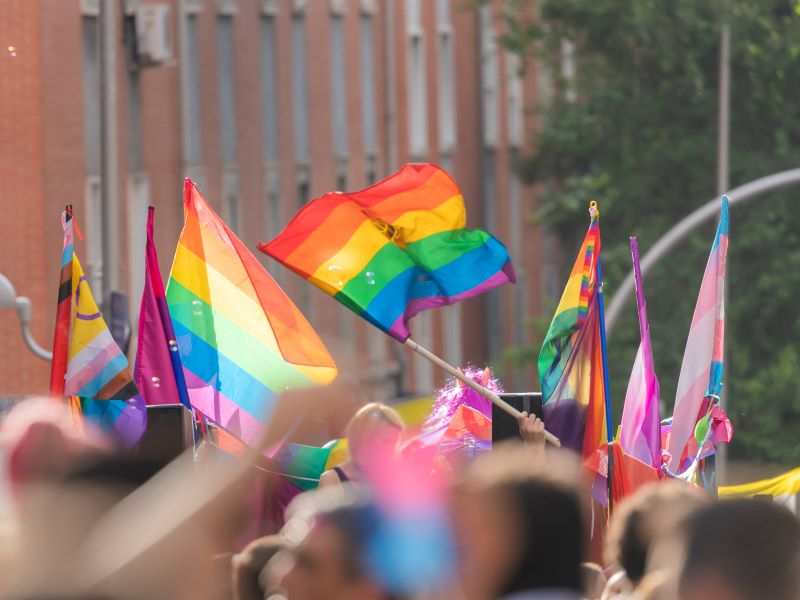
Ardie Viet, 67, retired, Waterloo, Iowa
Ardie Viet attended her first Pride event when she was 24 in the small town of Waterloo, Iowa. At that time, the only places she could meet other people in the LGBTQ+ community were mainly gay bars. Attending the Pride event—a picnic in the park that drew around 100 people—was the first time Viet felt she was part of a like-minded community, she says.
“Pride gave us the opportunity to communicate with others,” Viet recalls. “It let us know there are similar people out there for you.”
Since that first Pride event, Ardie has attended events every year in Kansas City, Missouri, Waterloo, Iowa or Cedar Falls, Iowa. She also participated in the National Marches on Washington for Lesbian and Gay Rights in 1987 and 1993. That march spurred people to return home and form new activist groups, community resources and events, including Pride events nationwide, she says.
Connection with other LGBTQ+ people and visibility to each other and the world at large is an important reason to celebrate Pride, Viet says. This year, Viet plans to attend the Kansas City Pride festival in June and the Cedar Falls Pride Festival in Waterloo, Iowa, which is held in August.
“Pride celebrations add validity to your life and allow you to see you’re a part of a larger group, that you’re not out there by yourself,” Viet says. “It’s a bonding moment for the LGBT community and its allies.”
What’s your Pride story?
How and why do you celebrate Pride in your community? Share your own Pride experiences in the comments.



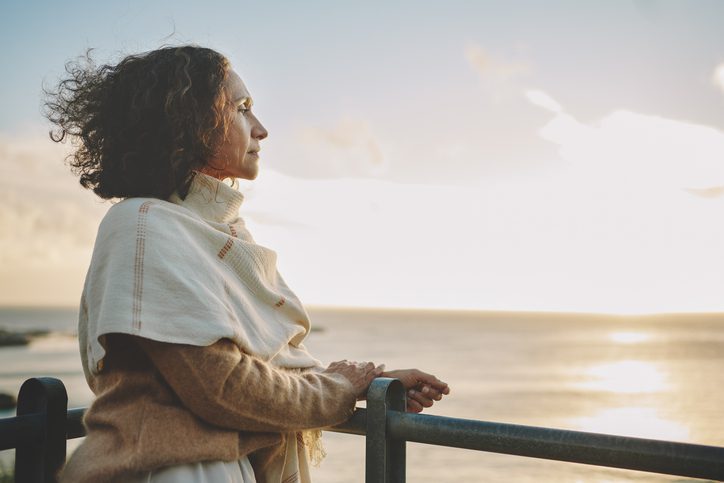
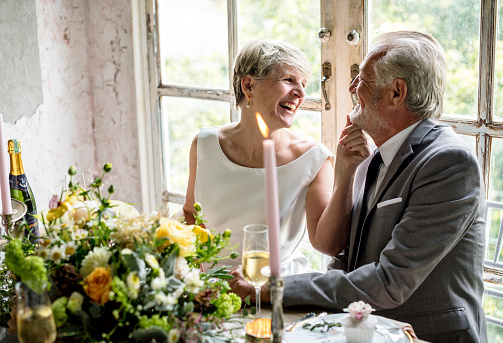
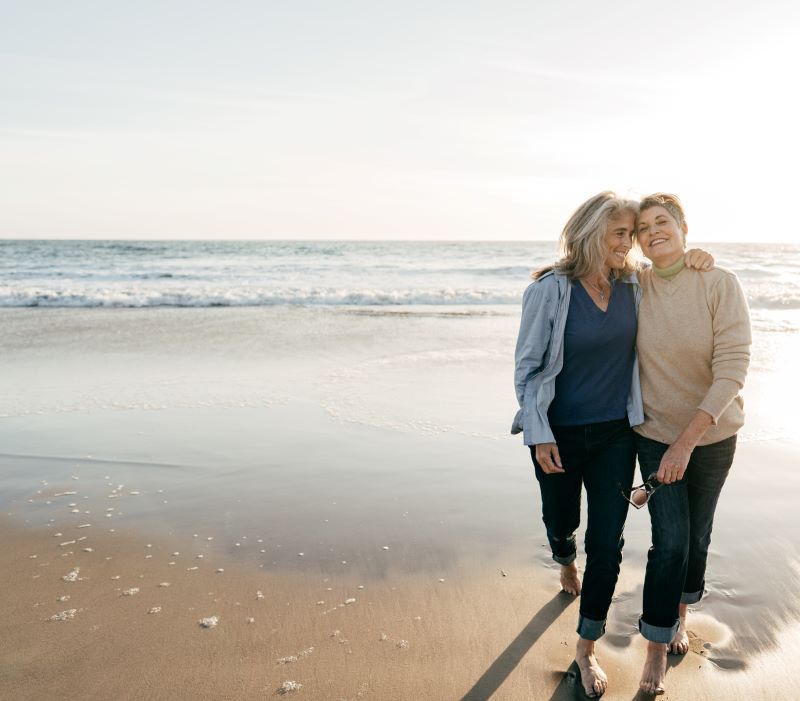

I can’t recall where I attended my 1st Pride parade. I was overwhelmed by the diversity of my own community. And by the flamboyance of some, realizing that my discomfort might be in some way like that of the straight community towards the gay community in general. And I’d better do some work on myself.
The last Pride events I’ve gone to have been in Flagstaff, AZ. Both my wife and I experience that sense of “bonding” Ardie spoke of above. That visibility and validity in belonging, right out in front of God and everybody. We’re in our 70’s, so we’ve seen a lot of brutality from the other side. We can never forget the sacrifices so many have made for us.
Thank you for sharing your story, Kathryn!
Thanks to the Hartford for celebrating Pride-cheers-we will stand with the Hartford because they stand up for Human Rights
Thank you, The Hartford, for sharing this amazing content! Proud to be insured by this company <3